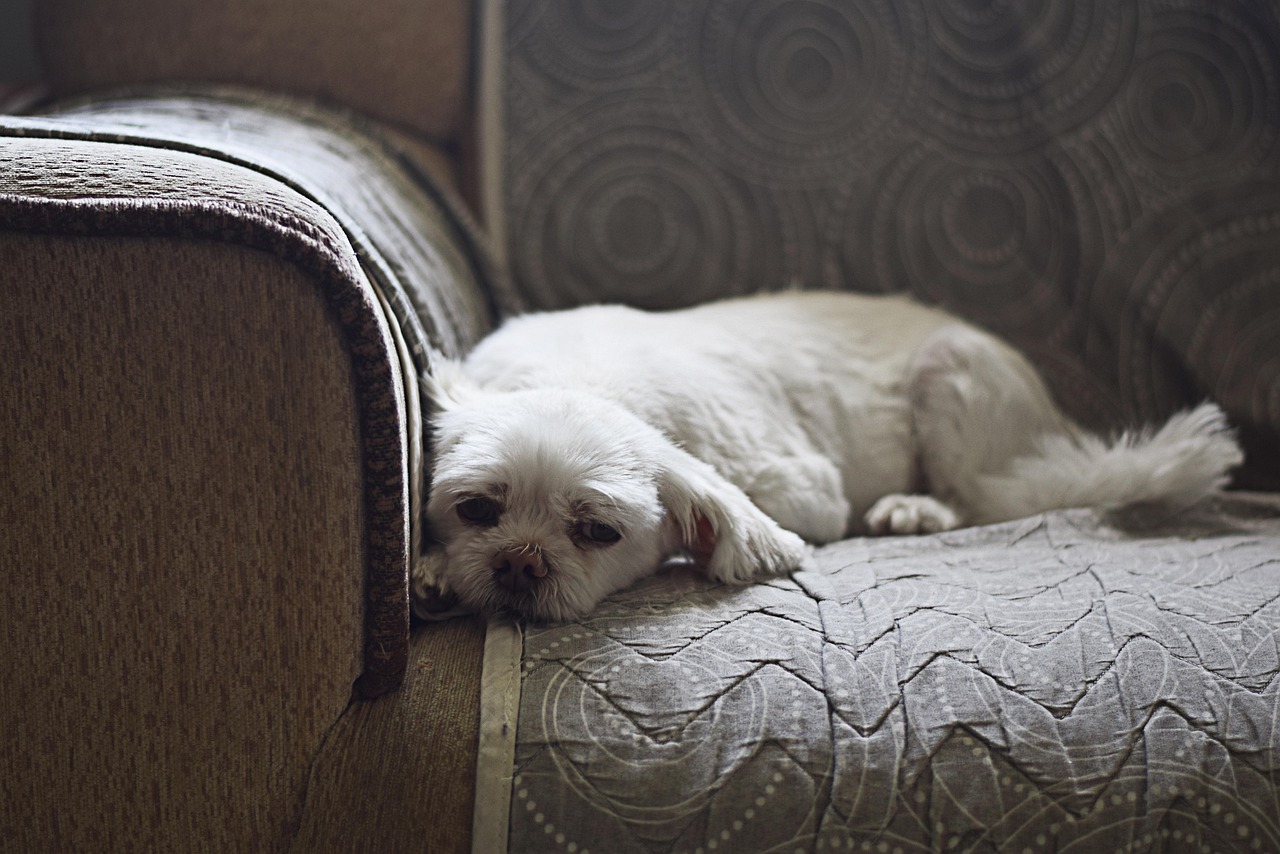ein guter Film: German Nominative Adjective Endings
In this post we’ll look at German nominative adjective endings. These are the endings that you’ll use on adjectives in the nominative case. First, we’ll define what all of that means, so that you understand exactly what a case is, when the nominative case is used, and why German adjectives have endings in the first place. Next, we’ll look at the German nominative adjective endings systematically, by breaking them down into three categories. We’ll give plenty of examples and clear explanations. Finally, we’ll wrap everything up with practice exercises so that you can test yourself.
German Cases and Adjectives
First, let’s make sure the terminology is all clear. Think of a noun case as a form that a noun takes in order to play a specific role (subject, direct object, indirect object, etc.) in a sentence. In German, noun cases mostly show up as differences in articles (ein, einen, einem, or eines for example) or sometimes as an ending on the noun (das Buch is des Buches when it’s possessive.) You can learn more about German noun cases here if you’d like.
In this post, we’re going to be looking at the nominative case. That is the case that nouns take when they are the subject of the sentence, or what’s technically called the subjective complement, in an X=Y type sentence. Here are examples:
- Der neue Lehrer spricht Deutsch.
The new teacher speaks German.
Der neue Lehrer is the subject; it is in in the nominative. - Er ist der neue Lehrer.
He is the new teacher. (X (he) = Y(the new teacher))
Er is the subject, and der neue Lehrer is the subjective complement, so both are in the nominative.
German Adjective Agreement
In German, like in many languages, adjectives have to “agree” with the noun that they modify. That means taking certain endings. This only happens in German when the noun is right before the noun, not when it’s separated by a verb like sein:
- Der Lehrer ist neu.
The teacher is new.
Neu is not right before the noun it’s describing, so it doesn’t have any ending. - Der neue Lehrer ist freundlich.
The new teacher is friendly.
Neu is right before the noun it’s describing, so it takes an ending. Freundlich does not because it’s after sein.
Adjective agreement means that the adjective will take endings to agree with the noun it’s describing. So if a noun is masculine and singular, like der Lehrer, the adjective will take masculine singular endings.
Agreement for Case and Position
But German makes things a bit more complicated, because the adjective also has to agree in case (nominative, accusative, dative, or genitive). And German makes things even more complicated because there are different types of endings depending on what word comes right before the adjective! So not only the gender and number, but also the case and position of an adjective is important in German. But don’t panic, it’s all logical. You just have to take it slowly and easily.
There are three sets of endings to choose from depending on what kind of word is right before the adjective:
- der-words. Der-words are words like the definite articles (der, die, das). A few other words are considered der-words, including dies– (this) and welch– (which).
Examples: der gute Lehrer (the good teacher), dieses alte Haus (this old house) - ein-words. Ein-words are words like the indefinite articles (ein, eine). Kein (no, not any) and all of the possessives (mein, dein, sein, ihr, Ihr, unser, euer) are also ein-words.
Examples: ein guter Lehrer (a good teacher), unser altes Haus (our old house) - bare words: If there’s nothing at all before the adjective and noun, the adjective will take a third set of endings that’s nearly identical to the ein-word endings.
Examples: kaltes Wasser (cold water), alte Häuser (old houses)
So, in other words, to pick the right German adjective ending, you have to ask yourself three different questions:
- What’s the gender or number? (masculine, feminine, neuter, or plural)
- What’s the case? (nominative, accusative, dative, or genitive)
- What’s before the adjective? (a der-word, an ein-word, or nothing at all)
Practice 1
Now let’s pause to practice identifying those things. Don’t worry about the adjective endings themselves yet. Just focus on practicing how to answer those three questions.
- Die freundliche Lehrerin kommt aus Deutschland.
(The friendly teacher comes from Germany.)
a. masculine, feminine, neuter, plural?
b. nominative, accusative, dative, genitive?
c. after der-word, after ein-word, after nothing? - Ein freundlicher Lehrer ist wichtig.
(A friendly teacher is important.)
a. masculine, feminine, neuter, plural?
b. nominative, accusative, dative, genitive?
c. after der-word, after ein-word, after nothing? - Wir haben einen freundlichen Lehrer.
(We have a friendly teacher.)
a. masculine, feminine, neuter, plural?
b. nominative, accusative, dative, genitive?
c. after der-word, after ein-word, after nothing? - Sie sind freundliche Lehrer.
(They are friendly teachers.)
a. masculine, feminine, neuter, plural?
b. nominative, accusative, dative, genitive?
c. after der-word, after ein-word, after nothing?
German Nominative Adjective Endings
Now let’s look at the endings themselves. We’ll divide them into the three types based on what kind of word they come after.
After der-Words
After der-words, use the adjective ending –e for the singular and –en for the plural.
- Der große Hund liegt auf dem Sofa.
The big dog is lying on the sofa. - Die kleine Katze schläft unter dem Tisch.
The little cat is sleeping under the table. - Die schöne Blume is rot.
The beautiful flower is red. - Die neuen Autos sind teuer.
The new cars are expensive.
You’ll see these endings referred to as “weak” endings. This may help you remember which ending to use after der-words if you think of it this way. German adjectives want you to know what gender, number, and case their noun is. If you’ve already got a der, die, or das right before the adjective, you already know. So those words are “strong” because they tell you what you need to know about the noun. When you have a strong word, you don’t need another, so you can use the “weak” ending –e. The plural weak is –en so you know whether the die is singular or plural.
After ein-Words
Now let’s look at ein-words, where both masculine and neuter forms are ein. So they’re not strong enough on their own to tell you what you need to know about the noun. For that reason, you use the so-called “strong” endings, which look a lot like the definite articles: –er (like der) for masculine, –e (like die) for feminine, and –es (like das) for neuter. The plural uses the same –en.
- Das ist ein ein guter Film.
That’s a good film. - Das ist eine schöne Blume.
That’s a beautiful flower. - Das ist ein gutes Buch.
That’s a good book. - Das sind unsere neuen Mitarbeiter.
They are our new employees.
Bare Forms
Next let’s look at the bare forms. If there is no article or other determiner, use the same endings as after ein-words, with one exception. The plural ending is –e instead of –en.
- Das ist guter Wein.
That is good wine. - Wahre Liebe ist schwer zu finden.
True love is hard to find. - Frisches Brot ist lecker.
Fresh bread is delicious. - Gute Freunde sind wichtig.
Good friends are important.
Summary of German Nominative Adjective Endings
Here’s a table summarizing German Nominative Adjective Endings. Notice that the bare forms are exactly like the forms after ein-words, with the exception of the plural. The forms after der-words are all –e in the singular, and –en in the plural.
| masculine | feminine | neuter | plural | |
| after der-words | -e | -e | -e | -en |
| after ein-words | -er | -e | -es | -en |
| bare forms | -er | -e | -es | -e |
Practice 2
Add the missing endings on the adjectives, and then translate the sentence.
- Das ist ein gut___ Buch.
- Der klein___ Hund spielt im Garten.
- Sie sind klug___ Frauen.
- Das neu___ Auto gehört meinem Vater.
- Ein schön___ Tag beginnt mit einem Lächeln.
- Die alt___ Männer sitzen im Park.
- Mein jung___ Bruder liebt Schokolade.
- Die groß___ Fenster lassen viel Licht herein.
- Das ist ein interessant___ Film.
- Ein freundlich___ Lehrer hilft den Schülern.
- Der nett___ Mann wohnt nebenan.
- Die süß___ Katzen schlafen auf dem Sofa.
- Das lecker___ Essen riecht fantastisch.
- Die intelligent___ Studenten diskutieren über Politik.
- Ein lang___ Brief liegt auf dem Tisch.
- Stark___ Wind weht durch die Straßen.
- Die bunt___ Blumen blühen im Frühling.
- Ein alt___ Freund besucht mich heute.
- Kein weiß___ Schnee bedeckt die Berge.
- Das hell___ Licht blendet mich.
Get on the road to speaking German with the Language Garage!
We hope you’ve enjoyed learning about German Nominative Adjective Endings. If you’d like to learn more:
- Follow us on Facebook, LinkedIn, BlueSky, Twitter, Threads, Instagram, or Pinterest. We publish lots of German vocabulary, grammar, and culture notes, so it’s a great way to pick up some new vocabulary and practice.
- Check out our other posts on German language, culture, and more.
- Enroll in affordable, flexible, and personalized private online German lessons or sign up for a small group online German class.
- Create a free Language Garage account to access tons of German vocabulary, grammar, and culture.
Answer Key
Practice 1
- Die freundliche Lehrerin kommt aus Deutschland.
feminine, nominative, after der-word - Ein freundlicher Lehrer ist wichtig.
masculine, nominative, after ein-word - Wir haben einen freundlichen Lehrer.
masculine, accusative, after ein-word - Sie sind freundliche Lehrer.
plural, nominative, after nothing
Practice 2
- Das ist ein gutes Buch. (This is a good book.)
- Der kleine Hund spielt im Garten. (The small dog is playing in the garden.)
- Sie sind kluge Frauen. (They are smart women.)
- Das neue Auto gehört meinem Vater. (The new car belongs to my father.)
- Ein schöner Tag beginnt mit einem Lächeln. (A beautiful day begins with a smile.)
- Die alten Männer sitzen im Park. (The old men are sitting in the park.)
- Mein junger Bruder liebt Schokolade. (My young brother loves chocolate.)
- Die großen Fenster lassen viel Licht herein. (The big windows let in a lot of light.)
- Das ist ein interessanter Film. (This is an interesting movie.)
- Ein freundlicher Lehrer hilft den Schülern. (A friendly teacher helps the students.)
- Der nette Mann wohnt nebenan. (The nice man lives next door.)
- Die süßen Katzen schlafen auf dem Sofa. (The sweet cats are sleeping on the sofa.)
- Das leckere Essen riecht fantastisch. (The delicious food smells fantastic.)
- Die intelligenten Studenten diskutieren über Politik. (The intelligent students are discussing politics.)
- Ein langer Brief liegt auf dem Tisch. (A long letter is lying on the table.)
- Starker Wind weht durch die Straßen. (Strong wind is blowing through the streets.)
- Die bunten Blumen blühen im Frühling. (The colorful flowers are blooming in spring.)
- Ein alter Freund besucht mich heute. (An old friend is visiting me today.)
- Kein weißer Schnee bedeckt die Berge. (No white snow covers the mountains.)
- Das helle Licht blendet mich. (The bright light is blinding me.)
Image by halissondmorais from Pixabay






